March 17 stands as one of history’s most eventful days, witnessing the rise and fall of empires, groundbreaking discoveries, and moments that shaped our modern world across centuries of human achievement.

Politics and Government Events on March 17
1921 – Second Polish Republic Adopts March Constitution
The newly independent Polish state established its fundamental governing framework through the March Constitution. This document created a parliamentary democracy with extensive legislative powers.
The constitution marked Poland’s transition from centuries of foreign rule to modern democratic governance. Its adoption represented the culmination of Polish independence aspirations following World War I.
1948 – Treaty of Brussels Creates NATO Precursor
Belgium, France, Luxembourg, the Netherlands, and the United Kingdom signed the Treaty of Brussels, establishing Western European collective defense. This alliance formed the foundation for broader Atlantic security cooperation.
The treaty’s mutual defense provisions directly influenced the creation of NATO one year later. European leaders recognized that coordinated defense strategy was essential for postwar stability.
1969 – Golda Meir Becomes Israel’s First Female Prime Minister
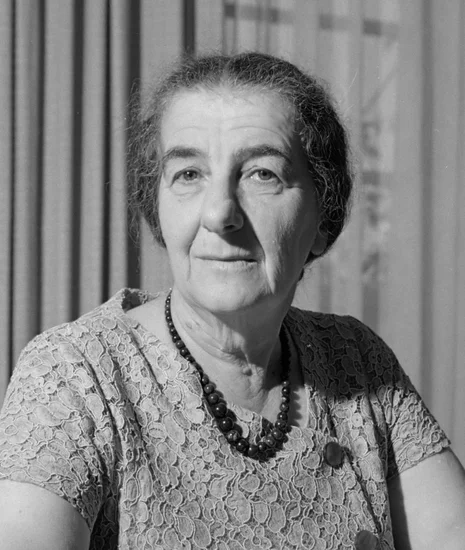
Golda Meir assumed leadership of Israel’s government, breaking gender barriers in Middle Eastern politics. Her appointment marked a pivotal moment for women’s representation in international leadership.
Meir’s rise to power occurred during heightened regional tensions and ongoing Arab-Israeli conflicts. Her leadership would prove crucial during the challenging years ahead.
1992 – South Africa Votes to End Apartheid
White South African voters approved the referendum to dismantle apartheid by a decisive 68.7% to 31.2% margin. This historic vote paved the way for democratic transformation and majority rule.
The referendum results surprised many observers with their overwhelming support for change. President F.W. de Klerk’s gamble on democratic reform had succeeded beyond expectations.
2003 – Robin Cook Resigns Over Iraq War Plans
Britain’s Leader of the House of Commons resigned from Tony Blair’s Cabinet in protest over Iraq invasion plans. Cook’s principled stand highlighted deep divisions within the Labour government.
His resignation speech became one of the most memorable parliamentary moments of the Iraq War controversy. Cook’s decision influenced public opinion and parliamentary debate on military intervention.
Military and Naval History on March 17
1942 – Holocaust Escalates at Belzec Death Camp
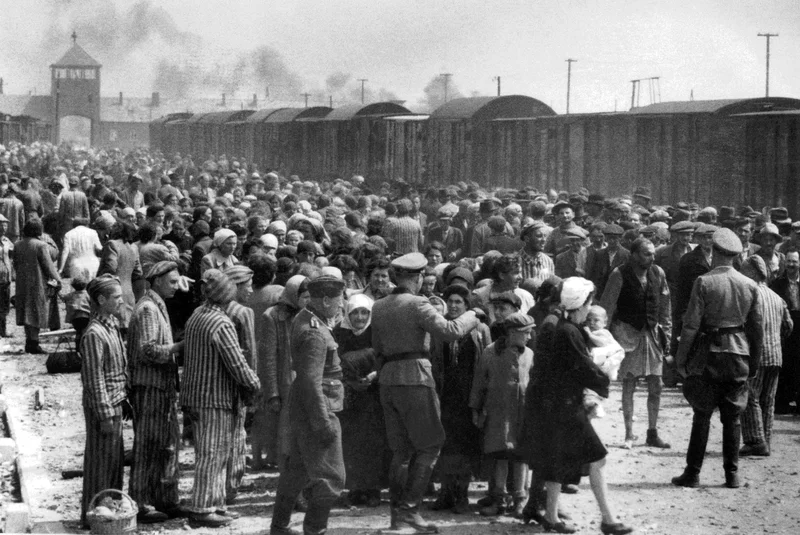
The first Jewish deportees from the Lvov Ghetto were murdered at the Belzec extermination camp in occupied Poland. This marked a horrific escalation in the Nazi genocide campaign.
Belzec became one of the most deadly camps in the Holocaust, ultimately claiming hundreds of thousands of lives. The systematic killing represented the industrial nature of Nazi mass murder.
1945 – Ludendorff Bridge Collapses in Germany
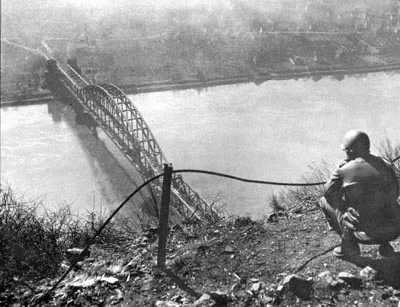
The strategic Ludendorff Bridge at Remagen collapsed ten days after its dramatic capture by American forces. The bridge’s seizure had provided Allied troops their first Rhine crossing.
German attempts to destroy the bridge had weakened its structure, leading to the eventual collapse. Despite its short lifespan, the bridge crossing accelerated Allied victory in Europe.
1960 – Eisenhower Authorizes Anti-Cuban Operations
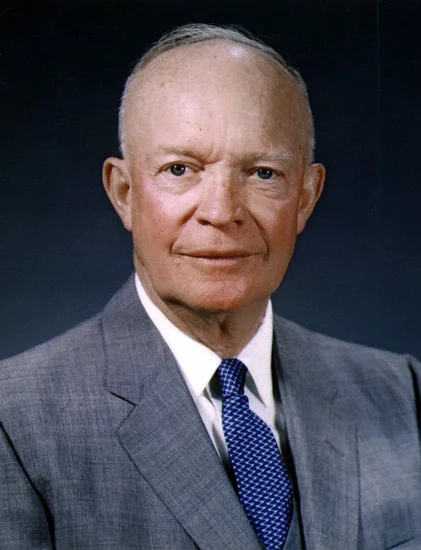
President Dwight Eisenhower signed a National Security Council directive authorizing covert operations against Cuba. This secret decision would eventually lead to the Bay of Pigs invasion.
The directive marked a significant escalation in U.S.-Cuban tensions following Castro’s revolution. American policymakers viewed Cuba’s socialist government as a regional security threat.
1988 – Eritrean Forces Launch Battle of Afabet
Eritrean People’s Liberation Front units attacked the Ethiopian Nadew Command from three directions, beginning the Battle of Afabet. This coordinated assault marked a turning point in the independence war.
The battle demonstrated sophisticated Eritrean military tactics and organization. Ethiopian forces faced their most serious challenge since the independence conflict began.
Science and Discovery Milestones on March 17
1950 – University of California Creates Californium
Researchers at UC Berkeley successfully synthesized element 98, naming it californium after their home state. This achievement represented a major breakthrough in nuclear chemistry.
The new element’s creation required sophisticated particle acceleration techniques and precise experimental conditions. Californium would later find applications in nuclear medicine and industrial processes.
1958 – First Solar-Powered Satellite Launched

The United States launched its first solar-powered satellite, which also achieved the first long-term orbital success. This technological milestone opened new possibilities for space exploration.
Solar power technology proved essential for extended space missions beyond Earth’s atmosphere. The satellite’s success demonstrated the viability of renewable energy in space applications.
1966 – Submarine Recovers Lost Hydrogen Bomb
The DSV Alvin submarine successfully located a missing American hydrogen bomb off Spain’s Mediterranean coast. This underwater recovery mission prevented a potential nuclear disaster.
The bomb had been lost during a mid-air collision between military aircraft. The successful recovery demonstrated advanced deep-sea exploration capabilities and international cooperation.
1968 – Nerve Gas Testing Kills Thousands of Sheep
U.S. Army Chemical Corps nerve gas testing in Utah’s Skull Valley resulted in over 6,000 sheep deaths. This incident exposed the dangers of chemical weapons development.
The mass animal deaths sparked public outrage and congressional investigations into military chemical testing. Environmental activists used this tragedy to advocate for stricter weapons testing regulations.
Cultural and Arts Events on March 17
1973 – Iconic Vietnam War Photo Captures Reunion

The Pulitzer Prize-winning photograph “Burst of Joy” was taken, showing a former prisoner of war reuniting with his family. This image symbolized America’s emotional conclusion to Vietnam War involvement.
The photograph captured a moment of pure human emotion amid political controversy. Its widespread publication helped heal national divisions over the prolonged conflict.
1976 – Acclaimed Director Luchino Visconti Dies

Italian filmmaker Luchino Visconti passed away, ending a career that defined European cinema aesthetics. His neorealist masterpieces influenced generations of international directors.
Visconti’s films combined political consciousness with visual grandeur, creating a distinctive cinematic style. His death marked the end of an era in Italian cultural expression.
1993 – Broadway Legend Helen Hayes Dies

Helen Hayes, known as the “First Lady of American Theatre,” died at age 92. Her career spanned silent films, Broadway stages, and television’s golden age.
Hayes won Academy Awards, Tony Awards, and Emmy Awards during her remarkable career. Her theatrical legacy influenced American dramatic arts for nearly a century.
2010 – Alternative Rock Pioneer Alex Chilton Dies

Alex Chilton, influential musician and songwriter, died at age 59. His work with Big Star and The Box Tops helped define alternative rock and power pop genres.
Chilton’s innovative songwriting influenced countless alternative and indie rock musicians. His death represented a significant loss to American popular music heritage.
Religious and Social Events on March 17
1992 – Israeli Embassy Bombing Shocks Argentina
A car bomb attack on the Israeli Embassy in Buenos Aires killed 29 people and wounded 242 others. This terrorist attack shocked the international community and Argentina’s Jewish population.
The bombing represented the worst attack on Jewish targets in Argentina’s history. International investigators struggled to identify the perpetrators and their motivations.
2000 – Ugandan Cult Mass Death Occurs
Five hundred and thirty members of the Movement for the Restoration of the Ten Commandments of God died in a fire in Uganda. Investigators later found 248 additional bodies at other locations.
The mass deaths shocked Uganda and highlighted the dangers of extremist religious movements. Authorities investigated whether the deaths resulted from murder or coordinated suicide.
2004 – Ethnic Violence Erupts in Kosovo
Widespread unrest in Kosovo resulted in 22 deaths and 200 injuries, with 35 Serbian Orthodox sites destroyed. This violence threatened the fragile peace following NATO intervention.
The unrest demonstrated ongoing ethnic tensions despite international peacekeeping efforts. Both Serbian and Albanian communities suffered losses in the renewed violence.
Business and Economic Events on March 17
1902 – Liverpool Football Club Founder Dies
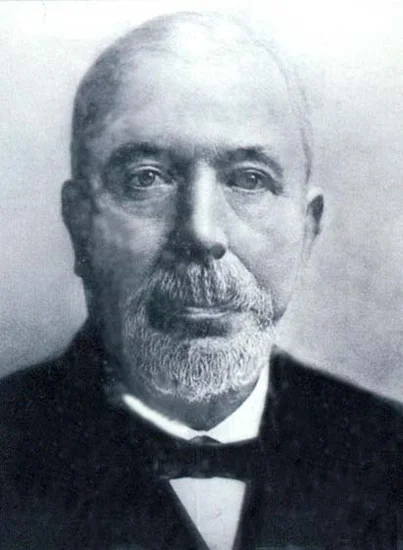
John Houlding, founder of Liverpool Football Club, passed away at age 69. His business acumen and vision created one of English football’s most successful institutions.
Houlding’s entrepreneurial spirit helped establish professional football as a major commercial enterprise. His legacy influenced the development of modern sports business practices.
1985 – Night Stalker Begins Murder Spree

Serial killer Richard Ramirez committed his first two murders in Los Angeles, beginning a terror campaign that would grip California. His crimes shocked the nation and changed criminal investigation methods.
Ramirez’s killing spree demonstrated the vulnerability of suburban communities to random violence. Law enforcement agencies coordinated unprecedented resources to capture him.
2008 – Investment Banking Pioneer Dies
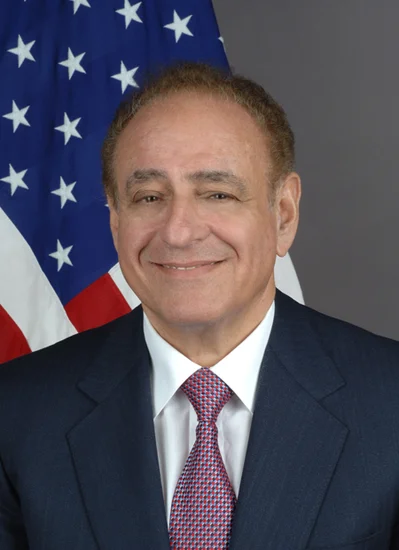
Roland Arnall, prominent businessman and diplomat, died at age 68. His real estate finance innovations transformed American mortgage lending practices.
Arnall’s business empire included Ameriquest Mortgage, which became a major subprime lender. His death occurred during the beginning of the mortgage crisis he helped create.
Transportation and Infrastructure on March 17
1957 – Philippine President Dies in Plane Crash

Philippine President Ramon Magsaysay and 24 others died when their aircraft crashed in Cebu. This tragedy shocked the nation and altered Philippine political development.
Magsaysay’s death removed a popular reformist leader during a critical period in Philippine history. His crash highlighted the dangers of aviation travel for government officials.
1960 – Northwest Orient Flight 710 Crashes

Northwest Orient Airlines Flight 710 crashed in Indiana, killing all 63 people aboard. This aviation disaster prompted new safety investigations and regulatory changes.
The crash demonstrated ongoing challenges in commercial aviation safety during the industry’s rapid expansion. Investigators focused on weather conditions and pilot training procedures.
1979 – Penmanshiel Tunnel Collapses
The Penmanshiel Tunnel collapsed during engineering work, killing two workers. This infrastructure failure highlighted the dangers of maintaining aging transportation systems.
The tunnel collapse disrupted rail service and prompted comprehensive safety reviews. Engineering investigators examined construction methods and maintenance procedures.
1988 – Avianca Flight 410 Crashes
Colombian Avianca Flight 410 crashed into a mountainside near Venezuela, killing 143 people. This aviation disaster became one of South America’s deadliest air accidents.
The crash investigation revealed challenges in mountain aviation and international flight safety coordination. Weather conditions and navigation systems received particular scrutiny.
Sports and Recreation on March 17
1902 – Golf Legend Bobby Jones Born

Bobby Jones entered the world in Atlanta, Georgia, destined to become amateur golf’s greatest champion. His natural athletic ability and competitive spirit emerged early.
Jones would later achieve golf’s Grand Slam and co-found Augusta National Golf Club. His amateur status and sportsmanship set standards for competitive golf integrity.
1914 – Football Hall of Famer Sammy Baugh Born

Sammy Baugh was born in Temple, Texas, future revolutionizer of professional football. His throwing accuracy and athletic versatility would transform the quarterback position.
Baugh’s professional career with Washington established passing as football’s primary offensive weapon. His innovations influenced modern quarterback techniques and strategies.
1959 – Multi-Sport Athlete Danny Ainge Born

Danny Ainge was born in Eugene, Oregon, destined for professional success in both baseball and basketball. His athletic versatility demonstrated rare multi-sport excellence.
Ainge would later become a successful NBA executive, applying his competitive experience to team management. His career illustrated the crossover potential between different sports.
1997 – Swimming Prodigy Katie Ledecky Born

Katie Ledecky was born in Washington, D.C., future Olympic swimming champion. Her early aquatic talents would eventually dominate distance freestyle events.
Ledecky’s swimming achievements would include multiple Olympic gold medals and world records. Her training dedication and competitive success inspired a generation of swimmers.
Notable Births on March 17
1919 – Nat King Cole Born

Nat King Cole entered the world in Montgomery, Alabama, destined to become one of America’s most beloved entertainers. His musical talents encompassed both instrumental jazz and vocal artistry.
Cole’s smooth voice and piano mastery made him a crossover star in an era of racial segregation. His television show broke barriers and influenced American popular culture.
1938 – Rudolf Nureyev Born

Rudolf Nureyev was born in the Soviet Union, future ballet superstar who would captivate international audiences. His artistic passion and technical brilliance emerged despite difficult circumstances.
Nureyev’s dramatic 1961 defection to the West shocked the dance world and Cold War observers. His partnerships with Margot Fonteyn created ballet’s most celebrated collaborations.
1948 – William Gibson Born

William Gibson was born in Conway, South Carolina, future pioneer of cyberpunk science fiction. His imagination would envision digital futures that proved remarkably prescient.
Gibson’s novel “Neuromancer” introduced concepts like cyberspace and virtual reality to popular culture. His literary innovations influenced both science fiction and technology development.
1992 – John Boyega Born

John Boyega was born in London, England, future star of the Star Wars sequel trilogy. His acting talents and charismatic presence would captivate international audiences.
Boyega’s breakthrough role in “Attack the Block” demonstrated his versatility and screen presence. His Star Wars casting represented significant progress in franchise diversity.
Notable Deaths on March 17
1956 – Irène Joliot-Curie Dies

Irène Joliot-Curie, Nobel Prize-winning physicist and daughter of Marie Curie, died at age 58. Her groundbreaking research in nuclear physics continued her family’s scientific legacy.
Joliot-Curie’s work on artificial radioactivity earned her the Nobel Prize in Chemistry. Her death from radiation exposure highlighted the dangers faced by pioneering nuclear researchers.
1957 – Ramon Magsaysay Dies
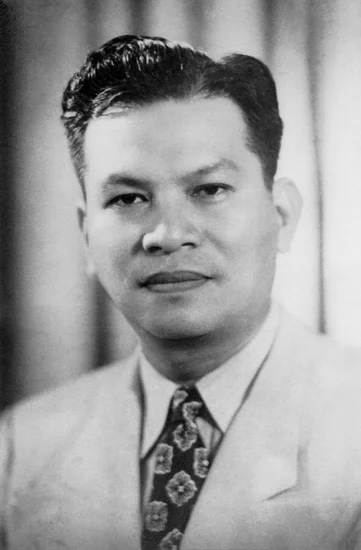
Philippine President Ramon Magsaysay died in a plane crash at age 49. His death cut short a presidency marked by anti-corruption efforts and democratic reforms.
Magsaysay’s popularity with ordinary Filipinos made him a transformative political figure. His tragic death altered Philippine political development and regional stability.
1974 – Architect Louis Kahn Dies
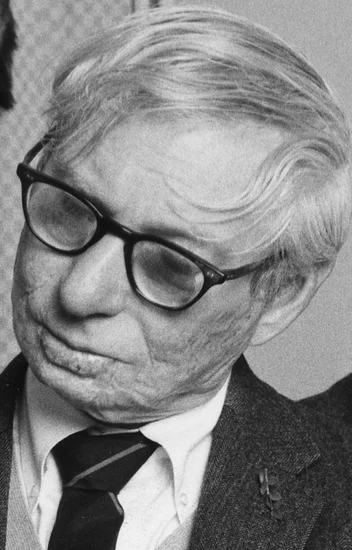
Louis Kahn, influential American architect, died at age 73. His monumental designs and innovative use of materials revolutionized modern architectural practice.
Kahn’s buildings combined classical principles with contemporary materials and techniques. His death occurred at the height of his international recognition and influence.
2021 – John Magufuli Dies

John Magufuli, Tanzania’s fifth president, died at age 61. His presidency was marked by infrastructure development and controversial health policies.
Magufuli’s death during the COVID-19 pandemic raised questions about his administration’s public health approach. His passing triggered significant political transitions in East Africa.
Holidays and Observances on March 17
Saint Patrick’s Day Celebrations
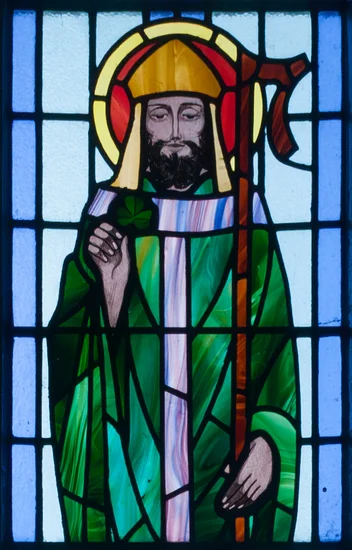
Saint Patrick’s Day serves as a public holiday in Ireland, Montserrat, and Newfoundland and Labrador. This celebration honors Ireland’s patron saint and Irish cultural heritage worldwide.
The holiday’s global popularity extends far beyond Irish communities, with celebrations in major cities across continents. Green decorations, parades, and cultural events mark this festive occasion.
Sheikh Mujibur Rahman’s Birthday
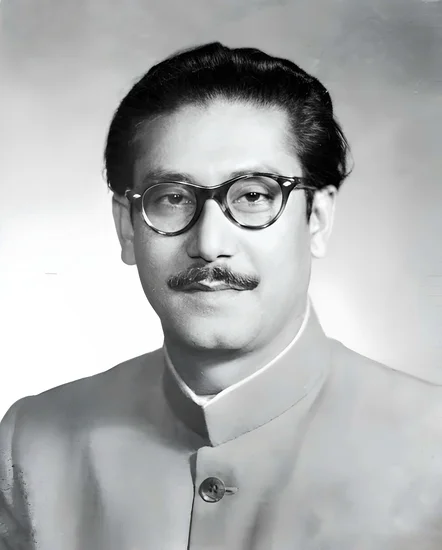
Bangladesh commemorates the birth of Sheikh Mujibur Rahman, the nation’s founding father and first president. This national holiday celebrates the leader who guided Bangladesh to independence.
Rahman’s birthday observances include official ceremonies and cultural programs throughout Bangladesh. His legacy continues to influence Bangladeshi politics and national identity.
Evacuation Day in Massachusetts

Suffolk County, Massachusetts observes Evacuation Day, commemorating the British withdrawal from Boston during the Revolutionary War. This local holiday celebrates American independence achievements.
The observance coincides with Saint Patrick’s Day, creating dual celebrations in Boston’s Irish-American community. Historical reenactments and educational programs mark this patriotic occasion.
